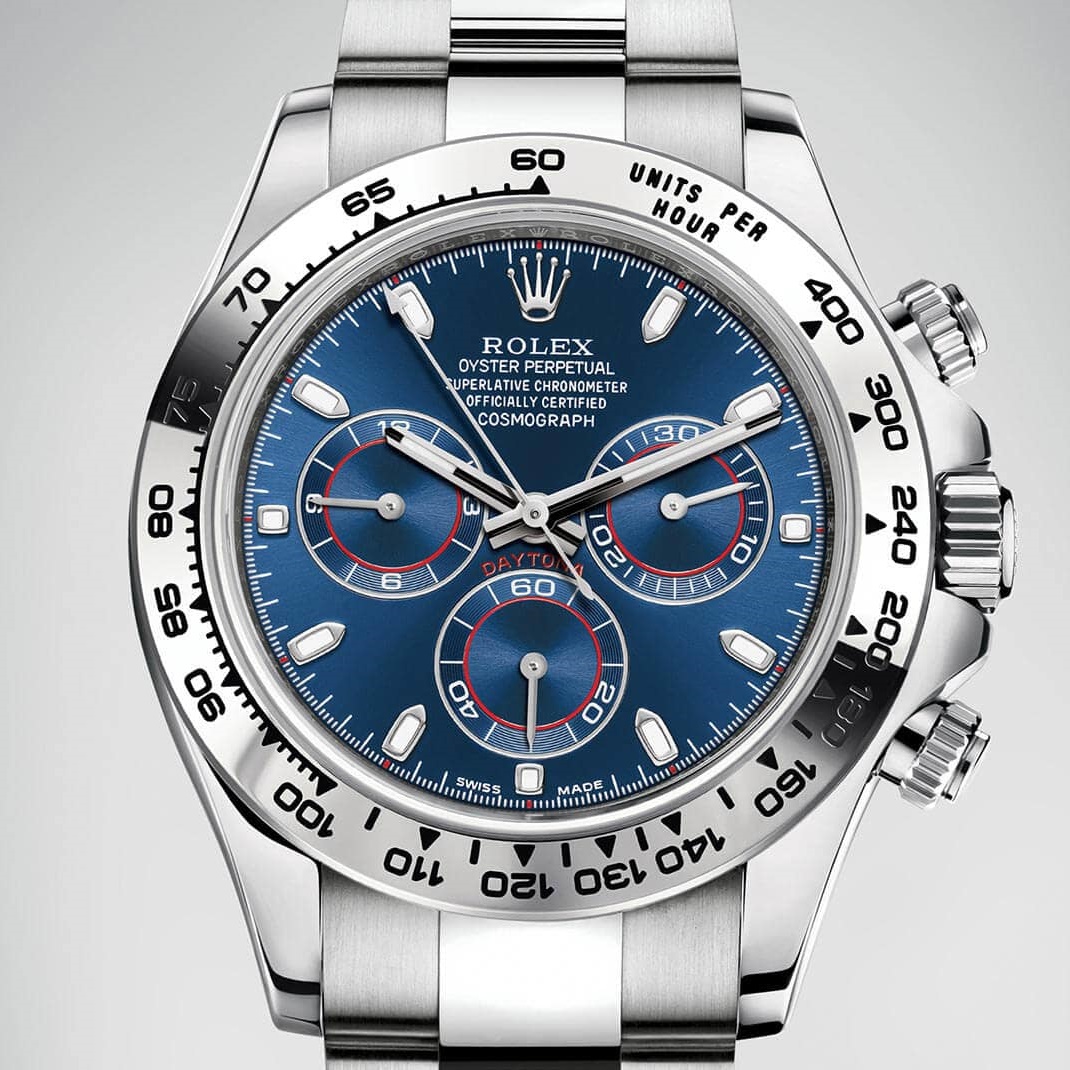
Early this year, luxury watch retailer Tourneau, a portfolio company of private equity firm Leonard Green, began hunting for a buyer. The hunt has so far been unsuccessful, due to both operational issues and a 50% drop in EBITDA over the past 12 months.
Tourneau is the largest authorized watch seller in the United States, listing 28 retail stores on its website. The company sells more than 80 brand names, including Rolex, Patek Philippe and TAG Heuer.
The luxury watch market has been declining for two years, according to a report from Debtwire, but it has made a slight comeback this year, mainly on sales of watches that sell for $3,100 or more. Primary markets are Hong Kong and the United States.
While there is an order of magnitude difference in price, J.C. Penney Co. Inc. (NYSE: JCP) announced Thursday morning that it is launching an “innovative selection” of smartwatches in 245 stores later this month under a new trademark, “JCPenney Co. Fine Jewelry, Est. 1902.” The smartwatches, from Samsung, LG and Garmin, among others, will range in price between $155 and $349.
J.C. Penney has had some success with its in-store Sephora locations. The company appears to be trying to duplicate that success with its fine jewelry locations. The difference is that Sephora is a stand-alone brand that carries its own appeal while J.C. Penney fine jewelry is clearly a store brand. That difference could be decisive.
The fine jewelry collection will also include a “reinvigorated Modern Bride concept” that the company hopes will drive more foot traffic to the brick-and-mortar stores. A company executive said:
We already know that Modern Bride customers shop twice as often and spend significantly more than the average JCPenney shopper, and this beautiful new fine jewelry experience will introduce more brides and grooms to JCPenney.
As Tourneau’s experience indicates, high-priced luxury watches are selling again in a still-depressed market. Trying to build a business around what are essentially commodity smartwatches does not seem like a long-term winner for J.C. Penney.
Are You Still Paying With a Debit Card?
The average American spends $17,274 on debit cards a year, and it’s a HUGE mistake. First, debit cards don’t have the same fraud protections as credit cards. Once your money is gone, it’s gone. But more importantly you can actually get something back from this spending every time you swipe.
Issuers are handing out wild bonuses right now. With some you can earn up to 5% back on every purchase. That’s like getting a 5% discount on everything you buy!
Our top pick is kind of hard to imagine. Not only does it pay up to 5% back, it also includes a $200 cash back reward in the first six months, a 0% intro APR, and…. $0 annual fee. It’s quite literally free money for any one that uses a card regularly. Click here to learn more!
Flywheel Publishing has partnered with CardRatings to provide coverage of credit card products. Flywheel Publishing and CardRatings may receive a commission from card issuers.
Thank you for reading! Have some feedback for us?
Contact the 24/7 Wall St. editorial team.




